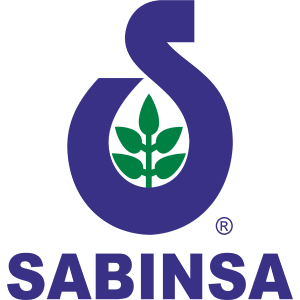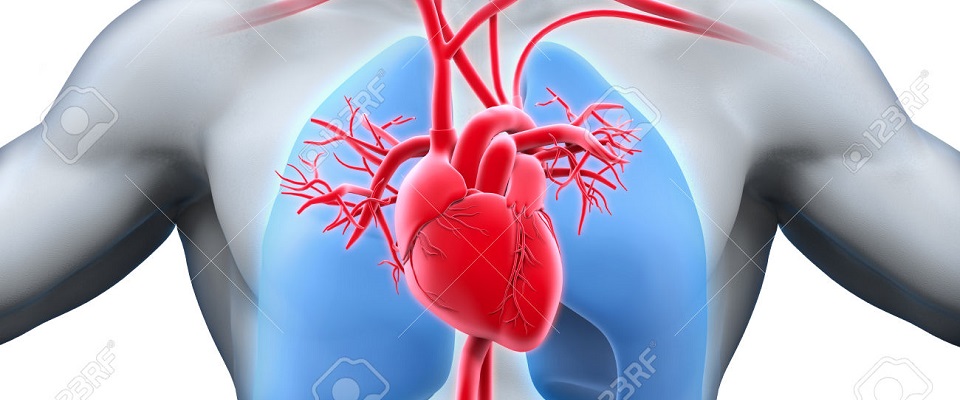FDA Approves Healthy Heart Claims for Plant Stanols/Sterols.
Plant sterols and stanols are natural components of foods, such as fruits, vegetables, and vegetable oils. They work as part of the normal digestive process to block the absorption of cholesterol.
Previously, makers of the margarine-like spreads, Benecol (1.7 g stanol esters/serving) and Take Control (1.6 g vegetable oil sterol esters/serving), could only claim "promote healthy cholesterol" on their labels. Based on a recently issued interim final rule on plant stanol/sterol esters, the U.S. Food & Drug Administration stated that "Foods containing at least 0.65 g per serving of vegetable oil sterol esters, eaten twice a day with meals for a daily intake of at least 1.3 g, as part of a diet low in saturated fat and cholesterol, may reduce the risk of heart disease." Thus, the cholesterol-lowering spread manufacturers can claim a reduced risk of heart disease on their labels.
Source: News & Analysis@ Food Online.
AACC Approves New Definition for Dietary Fiber:
Dietary fiber includes polysaccharides, oligosaccharides, lignin, and associated plant substances that aid in reducing high cholesterol and high blood sugar. The American Association of Cereal Chemists now defines dietary fiber as "the edible parts of a plant of analogous carbohydrates that are resistant to digestion and absorption in the human small intestine with complete or partial fermentation in the large intestine."
Source: Health Supplement Retailer (August 2000) vol.6, no. 8.
Cholesterol Lowering Effects of Fenugreek:
Recently, Prassana conducted a study evaluating the hypolipidemic effects of fenugreek in 18 patients with high cholesterol. The patients were divided into 3 groups of 6 and received the follow ing treatments: Group I- 50 g placebo, Group II- 25 g placebo + 25 g fenugreek powder, and Group III- 50 g fenugreek powder. The placebo powder was a mixture of equal portions of rice powder & Bengal gram powder. Blood samples were collected after overnight fasting on days 0, 10, and 20 during the test period and estimated for lipid profile. The serum cholesterol, triglyceride, and VLDL levels of Group II and III were significantly reduced compared to Group I. Serum HDL levels had a tendency to decrease on day 10 in Groups II and III, but they rose again to near normal levels on day 20.

Figure 1. Effect of fenugreek on the lipid profile (LDL) of patients (P value: a<0.05, c<0.01; values are mean ± SEM)
Source: Prasanna, M. (2000) Ind. J. Pharmacol. 32, 34-36.
Sabinsa Corporation supplies Fenufibers®, a fiber product obtained from fenugreek (Trigonella foenum graecum) that contains a minimum of 50% dietary fiber.








